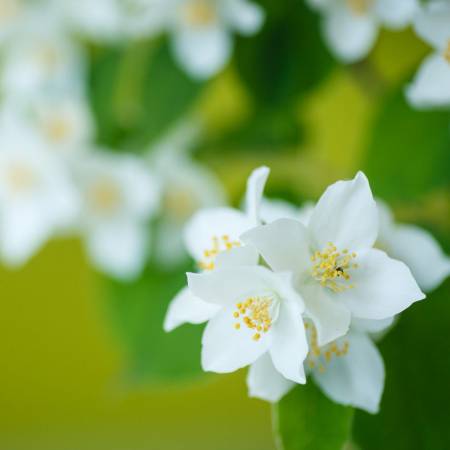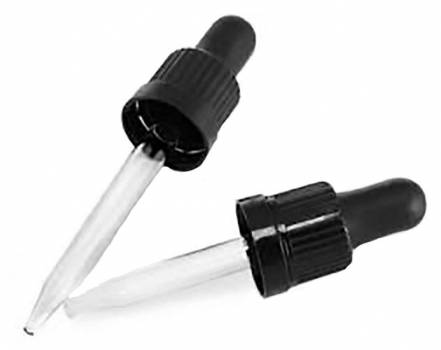Welcome Sign in
Product successfully added to your shopping cart
There are 0 items in your cart. There is 1 item in your cart.
Jasmine - Jasminum officinalis
NOT AVAILABLE - INFORMATION ONLY Pure and undiluted. Emotionally warming. Relaxes, soothes, uplifts and helps self confidence. Good for stress and general anxiety. Perfect skin care oil, excellent for hot, dry skin. Sensual properties and reputedly an Aphrodisiac!. Only needs to be used in very small quantities. Exquisite perfume. A vast quantity of blossoms, which must be gathered at night when scent is at highest, are required to produce only a few drops of oil.
New
Data sheet
| County of Origin | India |
| Therapeutic Properties | Anti-anxiety, anti-depressant, anti-septic, anti-spasmodic, aphrodisiac, sedative, strengthening, uterine tonic |
| Botanical Family | Oleaceae |
| Chemical Family | Esters |
| Approx. Shelf Life | 5 years |
| Plant Parts | Flowers |
| Note Classification | Base |
| Method of Extraction | Solvent extraction |
More info
History: Jasmine has a long, rich history in many countries. In China, the flowers were used for liver problems and dysentery, while the root was used to treat headaches, insomnia and rheumatism. Of course, the Chinese are famous for jasmine tea. In Europe, it was used as an aphrodisiac and to treat venereal disease.
Characteristics: Jasmine has a rich, warm, floral scent with musky undertones. The oil comes from the petals which are collected at night for best scent and must be extracted by a solvent (usually hexane). This is a delicate process and large quantities of petals are needed. The chemical structure of jasmine is close to human perspiration.
Clinical Studies:
Indications: Effective for nervous anxiety, restlessness and depression, a powerful antidepressant of a stimulating nature. Jasmine is most useful to use during childbirth. Good for dry and irritated skin.
Personality Profile:
Subtle Aromatherapy:
Mode of Administration: Aroma lamp, bath, fragrance, light bulb ring, lotion, massage, mist spray, perfume.
Safety: Non-irritating, non-sensitising and non-phototoxic




